Why is cremation such a big deal?
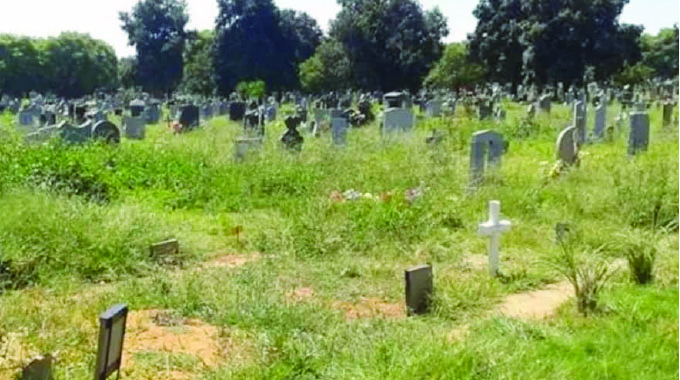
Yoliswa Dube-Moyo, Features Editor
The reasons are vast. Many struggle to wrap their heads around the idea because of a culture they’ve followed for generations. Where would they take their traditionally brewed beer, umqombothi, during certain rituals?
Although the Bulawayo City Council (BCC)has proposed cremation many times in the past before, the idea remains farfetched for many. What would happen to the ashes once a loved one is cremated? Is the urn displayed on the vanity in the living room and moved around whenever the need arises?
Are the ashes sprinkled in the deceased’s garden or a river somewhere – as a means of “freeing” them?
Once someone is cremated, what happens to their spirit; how is their memory preserved?
When it really comes to it, does it really matter what happens with one’s remains when they die or the dead know nothing?
The BCC has this time around proposed mandatory cremation of children aged 12 and below, citing that children’s graves are being neglected at all the city’s cemeteries.
It is also no secret that the city is running out of burial space as more and more people are buried in urban areas unlike in times past when many had their remains interred at their rural homes.
Council also cited that there are a lot of challenges surrounding burials of still born babies.
Conmen at the city’s hospitals take money from parents of still born babies claiming to assist them with burial arrangements. Still born babies are collected from various hospitals after payment then dumped at the Mpilo Central Hospital mortuary.
In recent council minutes, the local authority said it had leased land to a private contractor at Luveve Cemetery who will be offering low-cost crematorium services.
According to the report, councillors called for the banning of burial of children aged 12 years and below.
Ward 5 Councillor Felix Mhaka said council should adopt the proposed policy as soon as possible.
“Residents need this service especially for stillborn babies. Cremation is not fully appreciated in African culture. Engaging them would assist in changing the mindset and there’s a need to come up with a time-frame for banning burials for those aged 12 years and below,” reads the minutes.
Ward 17 Clr Sikhululekile Moyo said the cremation service is urgent for children as it would bring relief to families struggling to bury them.
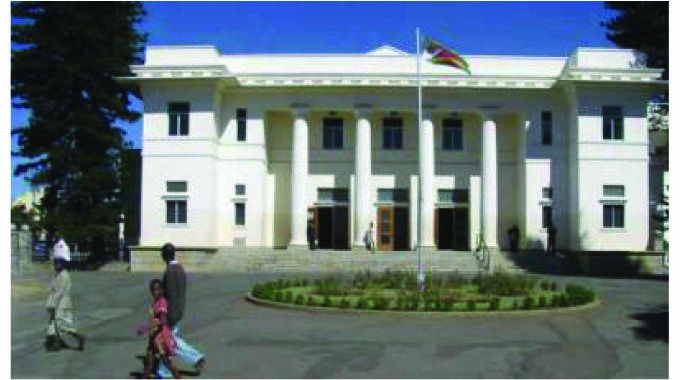
Bulawayo City Council (BCC)
At the time, she said in her ward, seven children were yet to be buried as families were struggling to raise the required resources.
Cremation is a method of final disposition of a dead body through burning. It may serve as a funeral or post-funeral rite and as an alternative to burial.
The cremation process for humans takes between one and a half and two hours. The body is placed in a retort, which is heated to between 760 and 982 degrees Celsius. At this temperature, the body burns, and the bones turn to ash. After the body has been cremated, the ashes are placed in an urn and returned to the family.
“Cremation may seem like a viable solution for the BCC but to me it’s like they’re asking us to completely erase memories of our deceased loved ones. With no grave, what will one have as a remembrance? Burial is an important part of the grieving process and gaining closure,” said Ms Thandiwe Sibanda from Queens Park East suburb.
She said it might take years for people to accept cremation as an option.
“For others, cremation already aligns with their culture and religion but for some of us, it will take years before we can practise it because we’ve been burying the dead for many many years,” said Ms Sibanda.
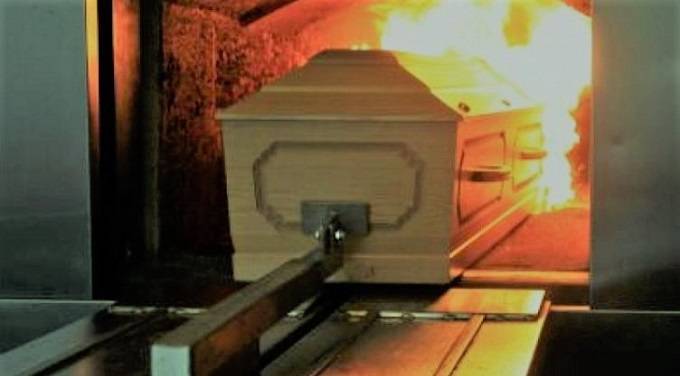
Cremation
A significant number of people value headstones as the last marker of tribute after a person dies. To them, the words and symbols on the grave capture the spirit and life of the deceased forever.
Traditionalist, Mr David Mhabhinyana Ngwenya said cremation is a serious offence against the ancestors. “This is not our culture. It’s mostly common among Muslims. Cremation is a serious offence against our ancestors and it attracts bad luck. The descendants of Mzilikazi wouldn’t cremate the dead. They buried them and preserved their memory,” said Mr Ngwenya.
He said burials are important because that way, the dead constantly remain among us.
“You can visit their grave and speak to them because their spirit lingers. But once you’ve cremated them, where will you go? You don’t wish yourself well when you cremate your loved ones,” said Mr Ngwenya.
In African culture, many believe in communicating with the dead. They believe in getting protection and having their paths led by their ancestors, ukukhanyiselwa.
Many believe that the spirit lives on and in some instances, appears through another family member who still lives.
They feel once their loved one is cremated, their spirit is also destroyed.
Evangelical Fellowship of Zimbabwe General Secretary Pastor Trever Masuku said what is more important is the decision a person makes while they’re still alive.
“Accepting Jesus Christ as Lord and Saviour. Cremation helps to reserve the land for the living otherwise the land will be full of graves and no place left for productive work. There’re a number of examples in the Bible where bodies were burnt (cremated). For example, Asa in 2 Chronicles 16 verse 13 and 14 and Saul in 1 Samuel 31 verse 12. This is not a doctrine but something that other people did in the past,” said Pastor Masuku.
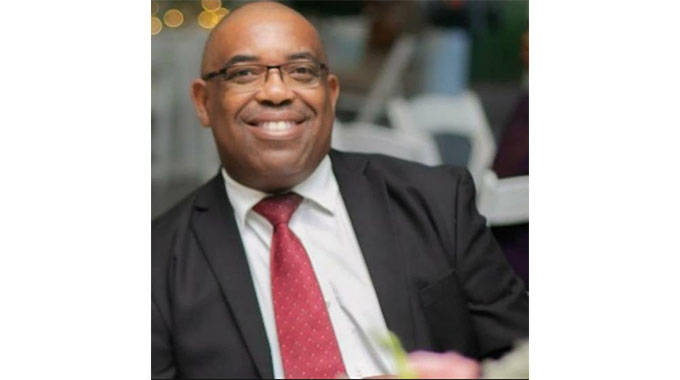
Evangelical Fellowship of Zimbabwe (EFZ) General Secretary Pastor Trever Masuku
He continued: “The Bible also speaks about us being dust and in the end returning to dust. Whether buried or cremated, the issue is going back to the dust. It doesn’t make a difference if one is buried or cremated. It’s all going back to dust as the Bible says. It’s very important to look at 1 Corinthians 15 (especially from about verse 35) which tells us that the bodies that rise are not the same bodies that are buried and gives the analogy of the seed. This should be looked at with the knowledge that Man is a Spirit, that has a soul and lives in a body. So the body is a vessel that carries the Spirit (Man).”
Pastor Masuku said what happens to the body after death is not important because there’s no life in it.
While more consultations need to be made, especially on the mandatory age group, it is important for residents to start having a paradigm shift. Cremation might not be a bad idea after all.
African cultural values are important, and so is the need to face reality.
Cremation eliminates the problem of disturbing the dead. There will be no need to worry about the state of our grave sites, building on top of them and witchcraft.
Some go for years on end without visiting their relatives’ graves. Unlawful activities also take place at cemeteries – sex, cultivation along pathways, illegal mining and armed robberies, for example.
Of course, acceptance will not happen overnight, we’ll have to see how it goes. – @Yolisswa



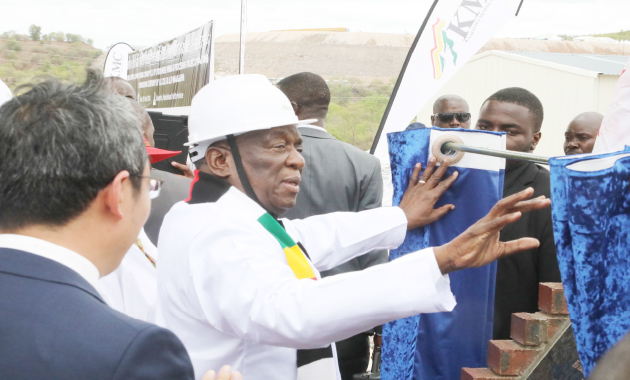
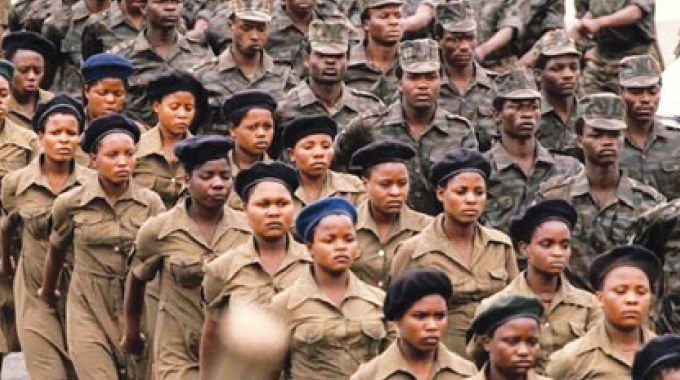



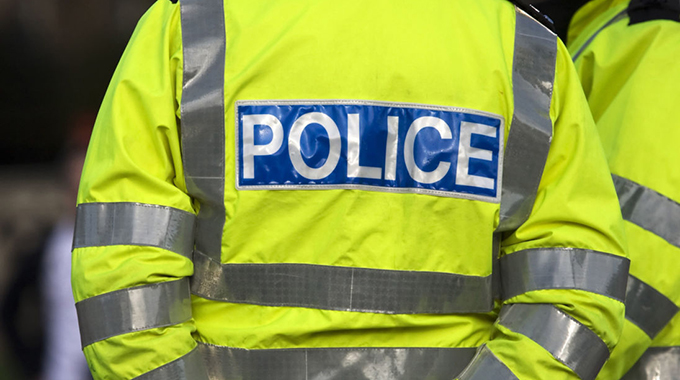


Comments